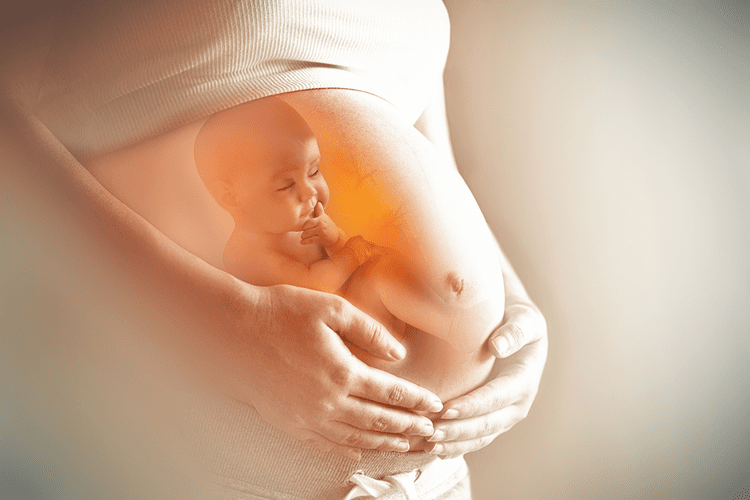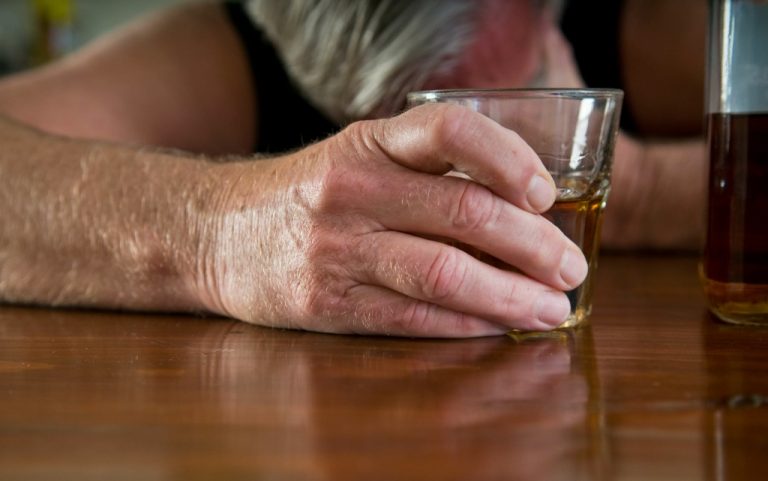To admit powerlessness over alcohol (or drugs) means accepting the fact that you’ve lost control over your substance use. You accept that your life, either internally, externally or both, has been impacted by maintaining the use of a substance and this addiction has negatively influenced your thoughts and actions. In this article, Twelve-step program we’ll explain the definition of powerlessness and why it’s so important in AA’s twelve steps process. Keep reading if you’re looking to get the most out of your Alcoholics Anonymous experience and make breakthroughs in your battle with substance abuse.
- Recovery is a journey of transformation, and each step you take brings you closer to a life free from the shackles of addiction.
- Regardless of how you got to this point, Step 1 of AA is merely realizing that your alcohol abuse disorder was interfering negatively with your life, and that it’s time to change.
- Members share experiences and insights, creating a sense of community.
- Opening up about your powerlessness and unmanageability takes courage.
Defining Powerlessness in Alcoholics Anonymous
Many have said that taking that first step is one of the most difficult things to do. Whether or not you have a problem with alcohol, how often have you heard the phrase «honesty is the best policy»? There’s a reason for that—being honest with yourself and others is key to living the kind of rich, self-assured, fulfilling life that we all want. If you’re struggling with alcohol use—whether or not you’re in AA—it is up to you to choose how you describe your situation. Acknowledging powerlessness therefore means that we stop trying to do the impossible. Our expert team is here to help you find relief and reclaim your life.
Final Encouragement for Those Taking Their First Step

In this article, we’ll explore what it truly means to feel powerless over alcohol and share real-life examples that resonate with many. You’re not alone in this struggle; countless individuals face similar challenges every day. By understanding the signs and implications of this feeling, you can begin to navigate your journey toward empowerment and recovery. Are you ready to uncover the truth behind your relationship with alcohol?

Physical Health Consequences
Practicing the 1st Step of AA requires daily commitment and tools to stay grounded in the reality of our powerlessness over addiction. Developing daily habits like prayer, meditation, or attending an AA meeting helps us embrace powerlessness while staying connected to our recovery program. Staying honest about substance abuse is another critical habit, as keeping secrets can lead us back into addictive behavior. The twelve steps guide us toward a spiritual awakening that reshapes our lives. By working the steps, we begin to heal from the disease of addiction, discover our purpose, and experience the freedom of living without alcohol or other drugs.
After all, while people with AUD are powerless over alcohol, their loved ones feel powerless as well. They can’t help you break your addiction, and they feel stuck in uncomfortable positions while powerless over alcohol they make excuses for your drinking. By admitting that you are currently powerless, you make room to restore power by seeking assistance. At that point, you may discover it’s easy to move on to Step 2 of AA—and all the ones that follow. But for those of us struggling with alcohol addiction or other substance use disorders, logic fails to break the cycle. No matter how many times we tell ourselves, “This time will be different,” the mental obsession drives us back to the same destructive patterns.
Once we take the first drink or drug, a chemical reaction triggers an uncontrollable desire for more. This reaction is unique to those of us struggling with substance use disorders, setting us apart from people who can casually use without consequence. The Big Book of Alcoholics Anonymous emphasizes the unique challenges we face in dealing with alcohol use disorder and substance abuse. It describes addiction as a disease, characterized by the phenomenon of craving and the mental obsession that make abstinence nearly impossible without a spiritual solution. These teachings help us understand why willpower alone is insufficient and why surrender is the first step toward recovery.
- AA support groups are accessible and free, without any age or education requirements.
- Many 12-Step programs are well-known groups that use the concept of powerlessness to benefit recovery.
- Partners may feel unheard, undervalued, or invisible, resulting in a lack of engagement and emotional disconnect.
Manifestations of Powerlessness
This story reveals the insanity of addiction and how it hijacks our ability to make rational decisions. It opens the door to personal growth and shows us that asking for help is a strength, not a flaw. Some people believe AA is intricately tied to religion by seeking a “higher power.” Rather, AA members are encouraged to understand they’re powerless in changing their addictive behavior. In fact, instead of seeking spirituality, many members seek assistance from the AA fellowship. Vulnerability is often considered a weakness, but in the context of Step One, it becomes a source of strength. Opening up about your powerlessness and unmanageability takes courage.
The long-term effects of substance use can render individuals powerless against their addiction, as the impact of drugs and alcohol disrupts natural brain functions and mechanisms. Recognizing addiction as a health issue rather than a simple lack of willpower can empower individuals to seek the medical treatment and communal support they need 1. Admitting to being powerless over alcohol will help a person to recognize that he or she does not have control over their drinking. Denying there is a problem only allows the person to continue their destructive behavior. Providing these examples of powerlessness over alcohol can help an individual to start recovery. The only way to break that vicious cycle is by getting honest about your relationship with alcohol.
The First Step does not say that you are powerless over your actions, your decisions, or your relationships; it says that you are powerless over alcohol/drugs. When you’re able to accept the fatal progression of your alcohol use disorder, you can’t https://cabinafoto.ghenceastudio.com/2021/03/30/grandiose-and-vulnerable-narcissism-associations-2/ continue living in denial. Ultimately, Step One in AA and NA is a testament to the resilience of the human spirit. It empowers individuals to confront their addiction, embrace their vulnerabilities, and embark on a journey of healing and renewal.
Throughout your journey in AA or NA, you’ll find that the sense of community and support is invaluable. You’re not alone in your struggles, and there are people who genuinely care about your well-being. Attend meetings regularly, engage with your sponsor or mentor, and be open to forming connections with others in recovery. The second part of Step One addresses the chaos and unmanageability that addiction brings into your life. It’s a candid look at the consequences of addiction, which can be painful but necessary for change. In summary, societal power imbalances significantly influence the experiences of individuals with addiction, underscoring the need for awareness, advocacy, and systemic change to address these injustices.
